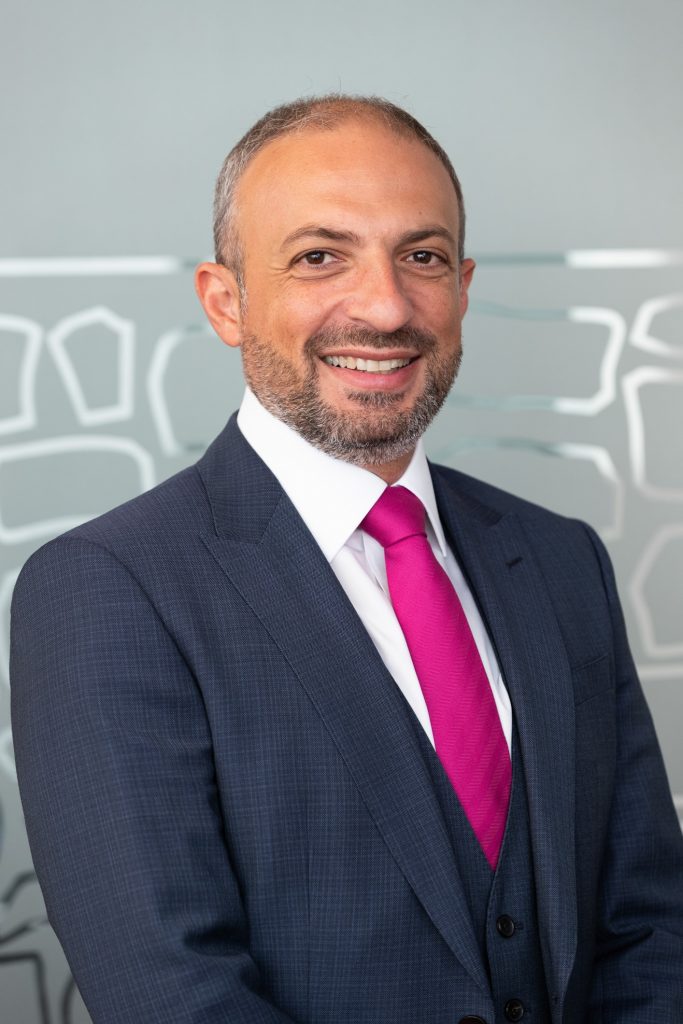
To answer this question, HN spoke with Bani Haddad, founder and managing director of Aleph Hospitality, which provides hotel owners in the Middle East and Africa with a customized and a results-driven alternative to traditional hotel management models.

A growing business
The disruption COVID-19 pandemic imposed has forced radical shifts in different businesses, and hospitality is not different. Many hotel owners opted to experience new business models to sustain and keep up during the outbreak. “We have experienced significant growth over the past six months and secured several new contracts during the global pandemic, which will see our operating portfolio double by December this year with 10 operating hotels,” Haddad explained. According to him, this is a testament to the increased demand for third-party management and white-label solutions from the industry, which has accelerated during COVID-19. “Our model has proven to be the right solution for owners and international brands alike.” Hotel owners are increasingly looking for opportunities for cost savings and seek more flexibility when it comes to hotel management contracts for their properties. In addition, they look for partners that have extensive in-house experience in key areas of hotel operations, preferably on the ground in the local geographies. International brands on the other hand, see an opportunity to speed up their growth and expand faster by working with a trusted third-party operator like Aleph Hospitality that will always preserve and protect their brand equity.

A shift towards franchising
It has been equally interesting to witness the shift in interest from hotel management towards franchising among the international hotel brands in the region. The franchising model is the most commonly adopted model in the US and Europe, and regionally COVID-19 is accelerating the shift towards franchising as a model that is beneficial for both the owners and the brand. “At Aleph Hospitality we’re experiencing this shift firsthand; today over 60 percent of our leads as generated by international brands. As an approved operator for many of these brands, they see us as a growth enabler, and they don’t have to worry about their brand equity.” Haddad explained that a key benefit of third-party and white-label management is that as partners, the focus is to maximize the hotel owner’s returns while leveraging the brand strength and delivering a superior guest experience as an integrated solution. The model is designed to provide focused and hands-on management to hotel investors. In a region where the travel and tourism industry contribution to GDP was around 10 percent pre-COVID, “we believe our model is the ideal solution for hotel investors to maximize their return on investment, especially as markets mature or are under economic pressure. The third-party management model has been the norm and is widely adapted in mature markets such as the US and Europe and has proven to yield higher returns, with typically 5-10 percent higher operational profit margins.”
A bright future
COVID-19 and the significant effects the global pandemic has had on the global hospitality industry, has made hotel owners realise the importance of having an operator that is focused on their assets and that can make a difference when it comes to the management of expenses and they increasingly see the benefits of having a third party operator to manage their asset. “I think the future is very bright for third-party and white label operations in the Middle East and Africa as a viable alternative to traditional hotel management agreements. Given the rapid growth we have experienced in 2020 and our promising pipeline, we are confident to achieve our target of operating 35 hotels by 2025 under this model as the region’s only fully-fledged third-party operator.”
Add to Favorites













